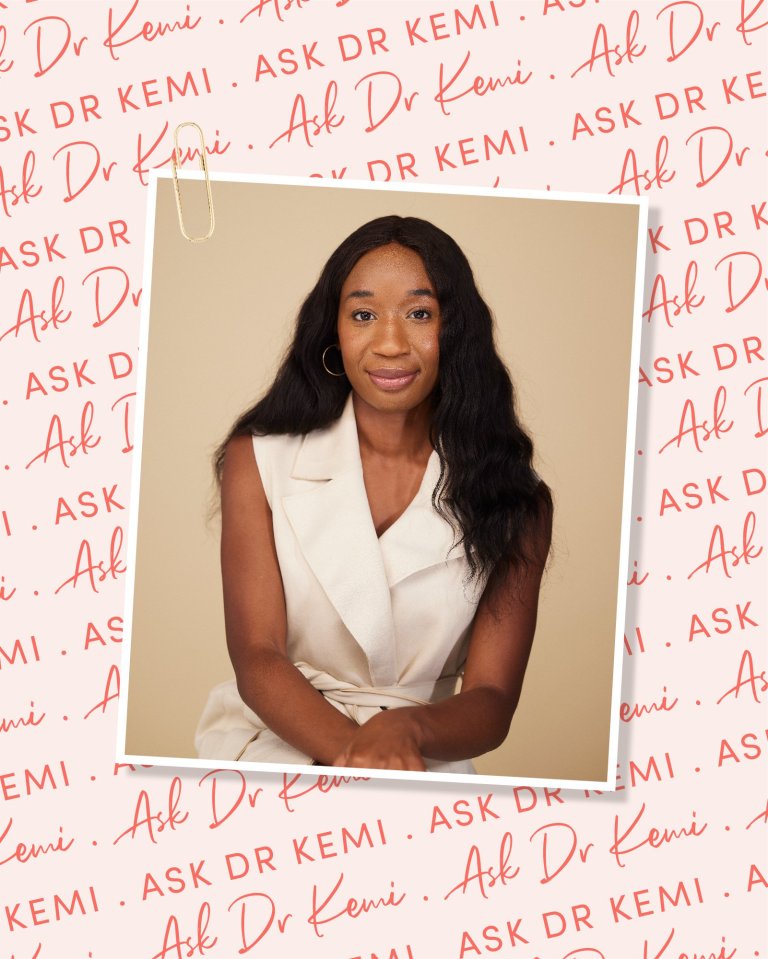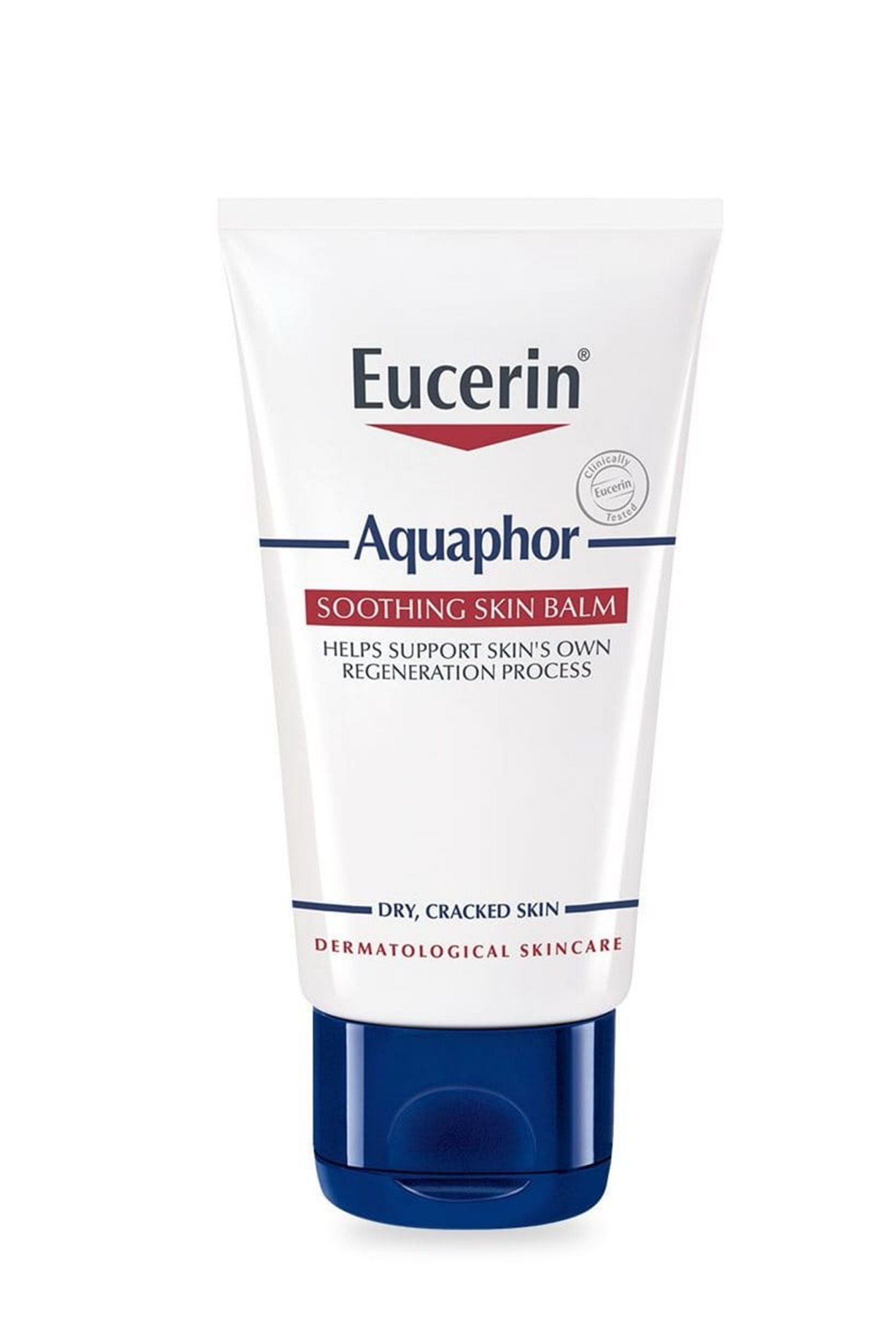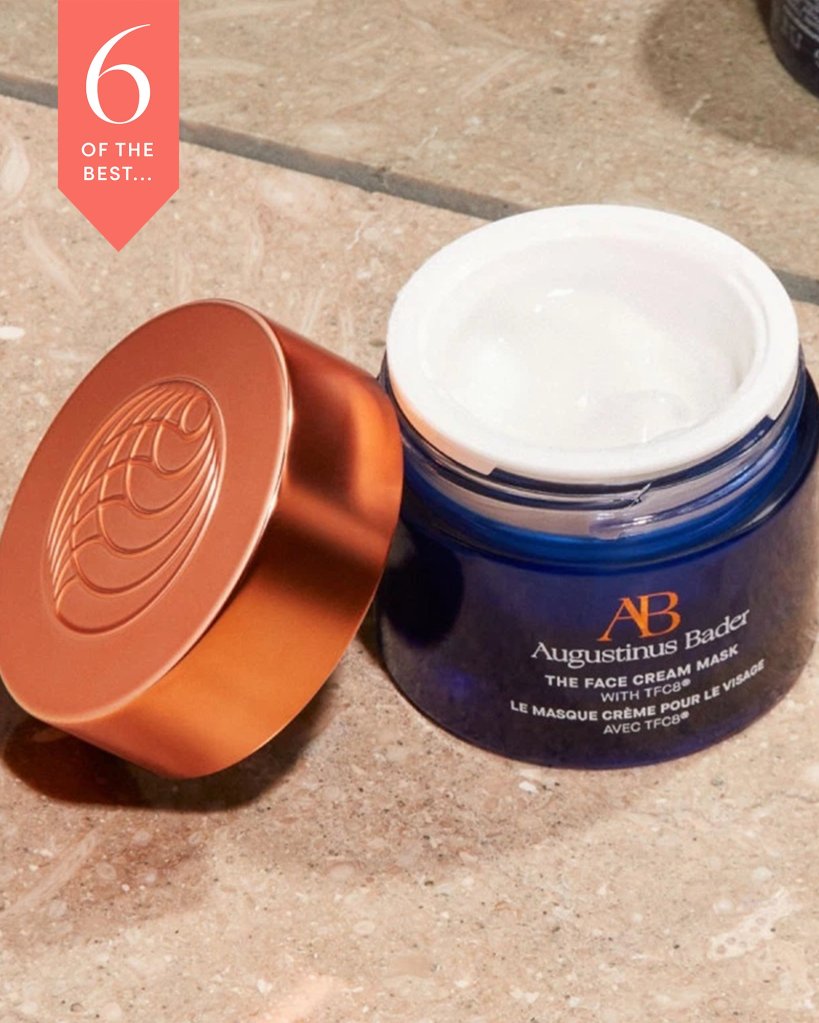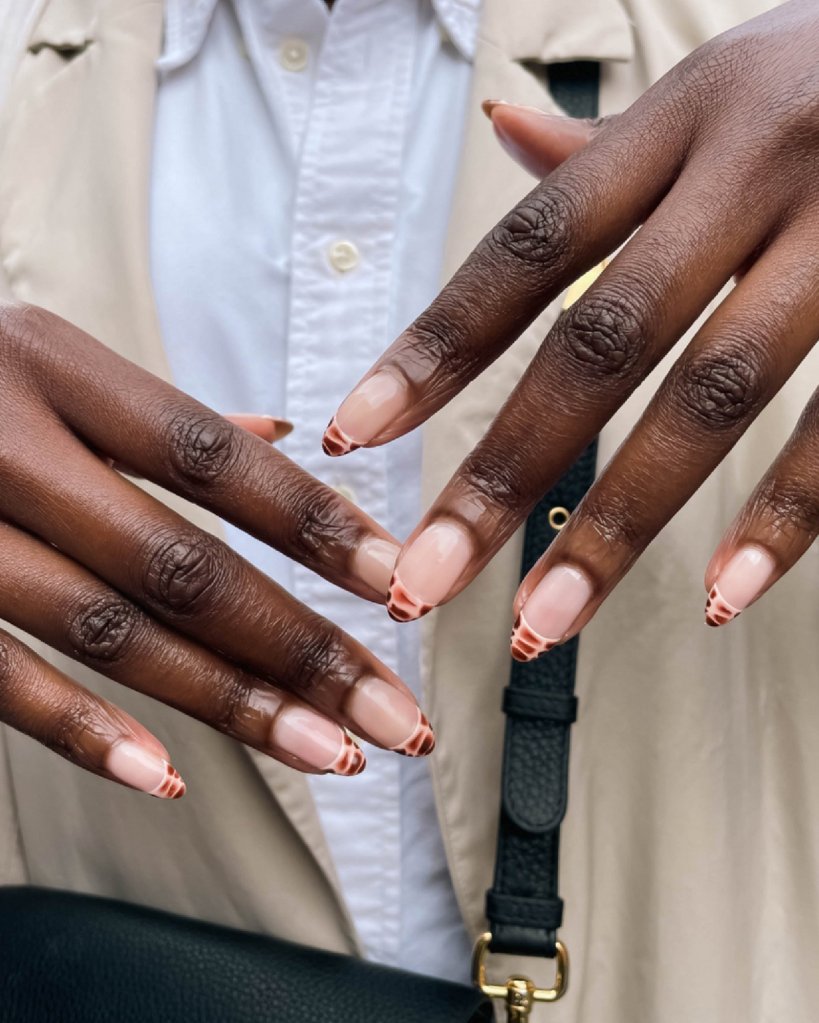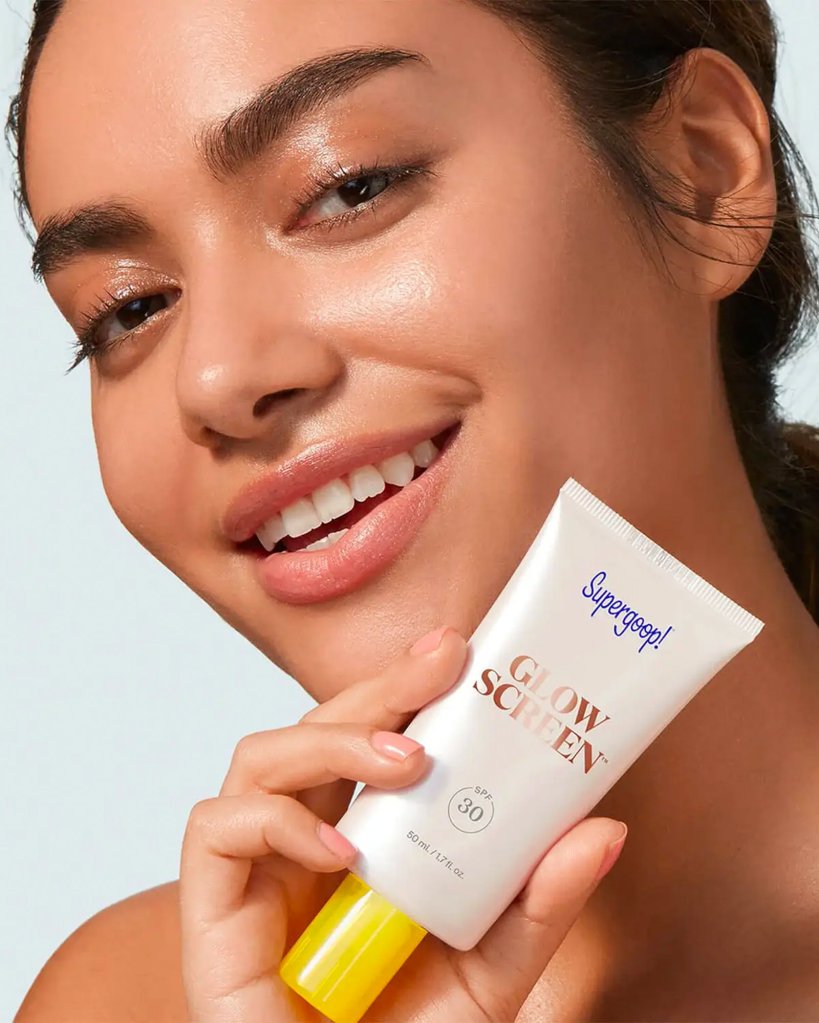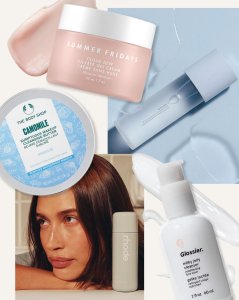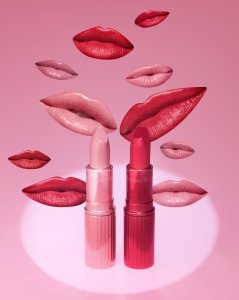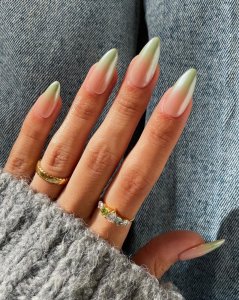I’ve got a stat that may shock you: one in ten people will experience eczema during their lives. And one place you definitely don’t want to experience it is on the lips. But if you do get lip-lickers eczema (otherwise known as Lipzma) what exactly can you do about it?
What is Lipzma?
Lip-licker’s dermatitis is the saliva-induced dryness and irritation that you get around your lips from licking them too much. It can cause dry, chapped lips and a painful eczematous rash to appear around the circumference of the mouth.
The constant licking of the lips can cause skin barrier damage and eventually lead to peri-oral dermatitis, infection and hyperpigmentation. But saliva is not the only thing that exacerbate eczema around the mouth.
What causes Lipzma?
Oral hygiene products such as toothpaste, acidic foods, skincare ingredients, lip gloss, lipstick, artificial fragrances and dyes can also irritate the delicate skin around the mouth and lead to inflammation.
Licking, as mentioned, is usually the most common cause though.
The desire to lick your lips may come from external stimuli such as cold, dry weather, chafing of the lips or irritating cosmetics. Whatever the trigger, when we wet the lips, the saliva temporarily gives a false sense of hydration, only to quickly evaporate, leaving the skin dryer than before.
The constant cycle of wetting, drying and rewetting eventually removes the hydrating lipids in the skin, disrupting the skin’s barrier and leading to irritation and inflammation.
That dry, irritated sensation makes us need to lick the lips even more, further perpetuating the cycle of dryness.
It’s important to recognise that the skin on the lips is quite different from the skin on the rest of the face. For starters, the lips don’t have any oil-secreting sebaceous glands like the rest of the face. Whilst this means you won’t get acne on the lips, it also means there’s nothing to naturally lubricate lips, which exacerbates dryness and discomfort.
Secondly, the skin on the lips does not have the outer most layer of skin (the stratum corneum), which is present on the other areas of the face. Due to this, the skin on the lips is thinner and more prone to irritation from external stimuli like the sun, skincare and inappropriate cosmetics.
How can you treat Lipzma?
As with many things, prevention is often far easier than treatment.
To stop lipzma in its tracks, or to prevent it from worsening, you must avoid licking your lips at all costs. Sounds simple right? But it’s easier said than done. As mentioned earlier, the lack of oil-secreting glands on the skin predisposes the lips to dryness.
To prevent the drying out of the lips, you’ll want to apply a daily Aquaphor directly to your lips.
Aquaphor is a Vaseline-like occlusive product that helps to sit on top of the lips to soothe, hydrate and hold onto water.
Lips are also prone to irritation from the sun, because they have less layers of skin on top for protection.
Despite being highly exposed to the sun, the lips are commonly forgotten when it comes to SPF. Protect yours from UV-induced damage with a broad-spectrum lip balm SPF.
You may also want to consider a nighttime lip balm or lip oil. This will help treat and condition the lips, preventing trans epidermal water loss overnight and leaving skin less prone to irritation and dryness.

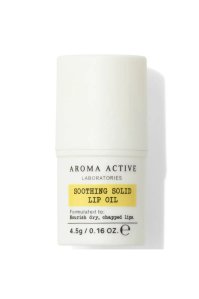
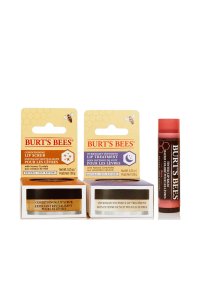
*Eliza may earn commission on sales from these product links
Lastly, be gentle with the delicate skin around the mouth. If you’ve licked too much and are now noticing a reddened rash and irritation surrounding the lips, you may want to temporarily take a break with any strong actives in your skincare routine, such as retinol and exfoliating acids. This will give your skin time to reset and heal.
Instead, make sure you’re moisturising the skin effectively with ingredients like hyaluronic acid and ceramides. This will help your entire face, including around the lips!
